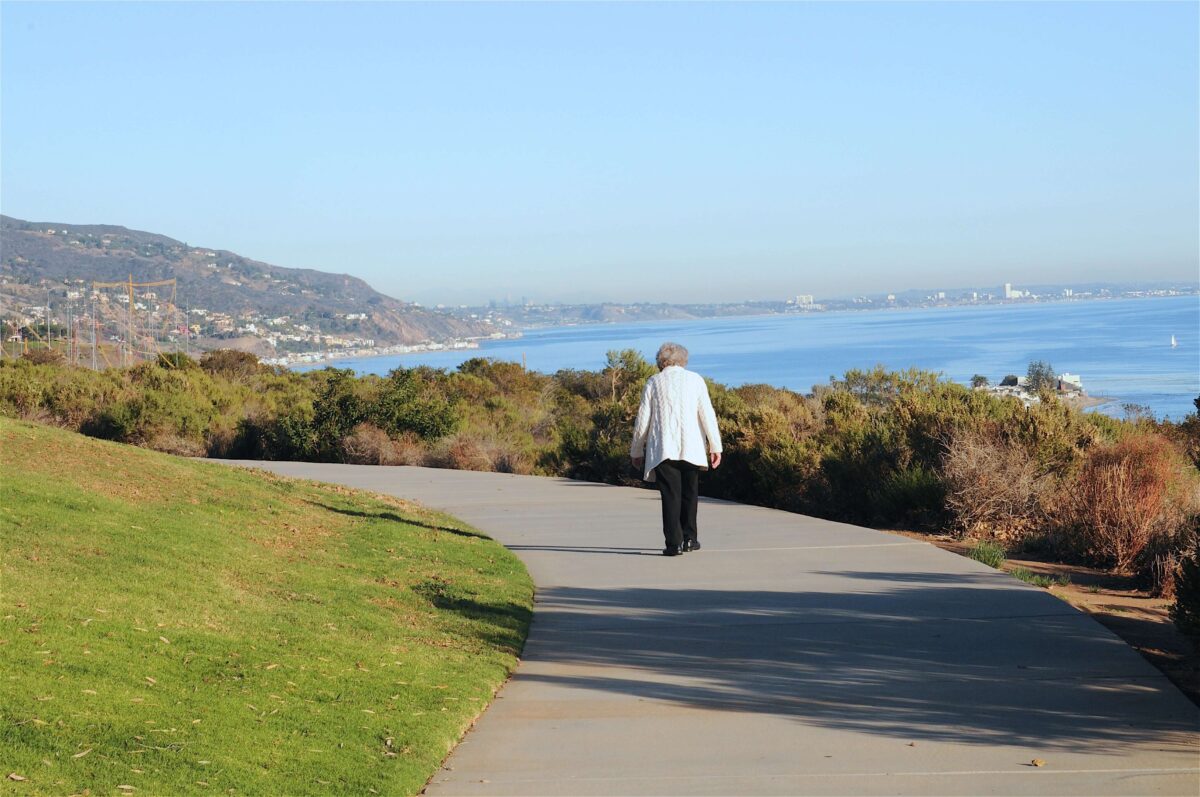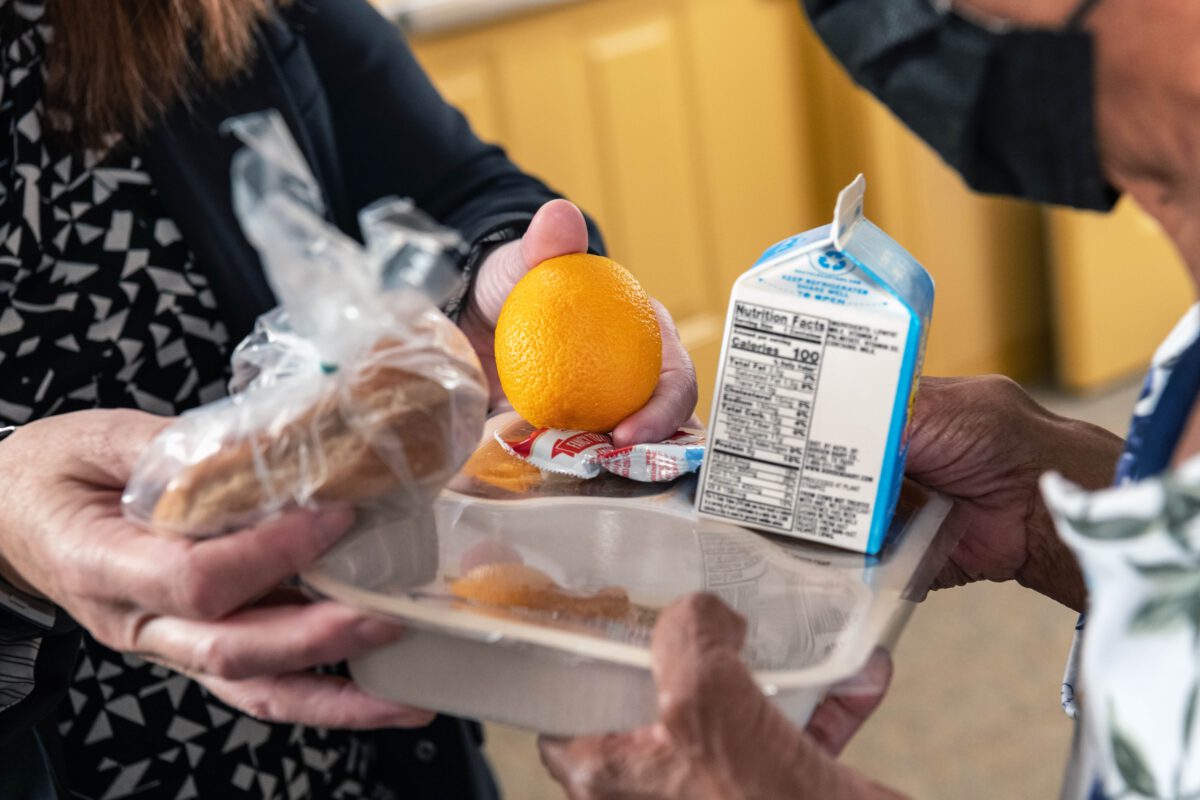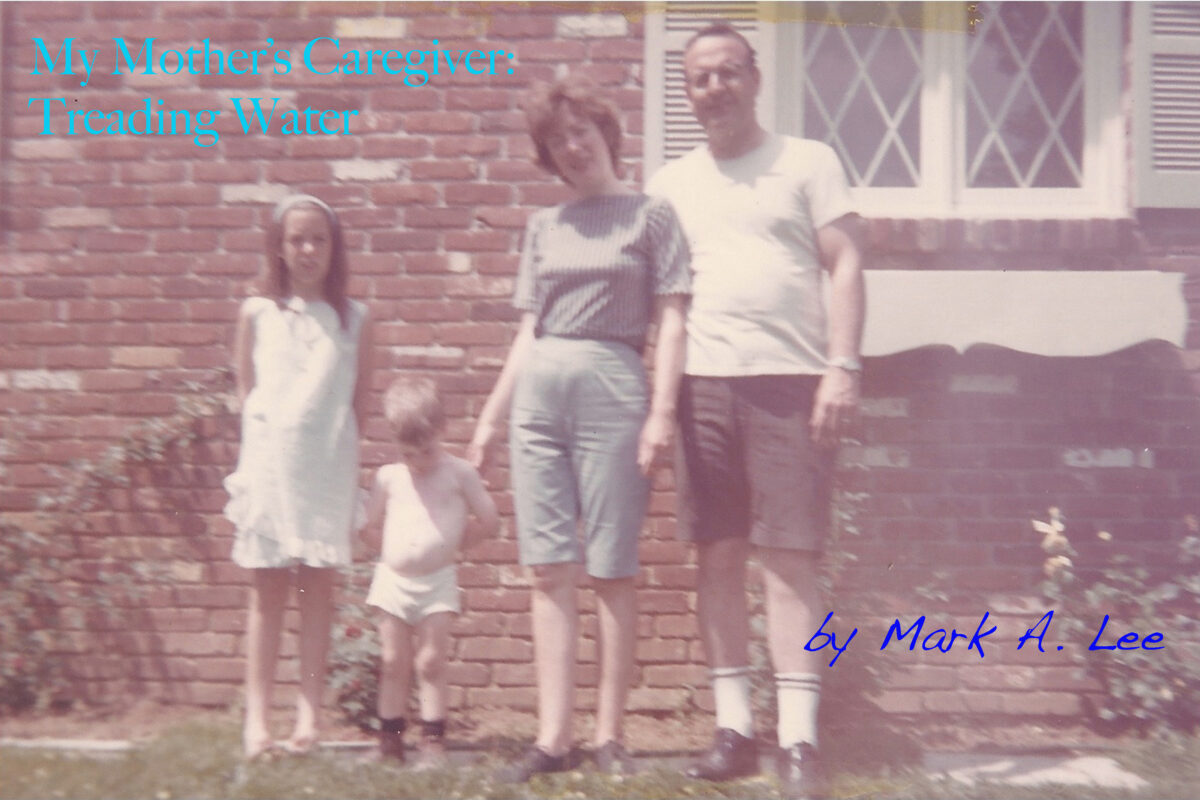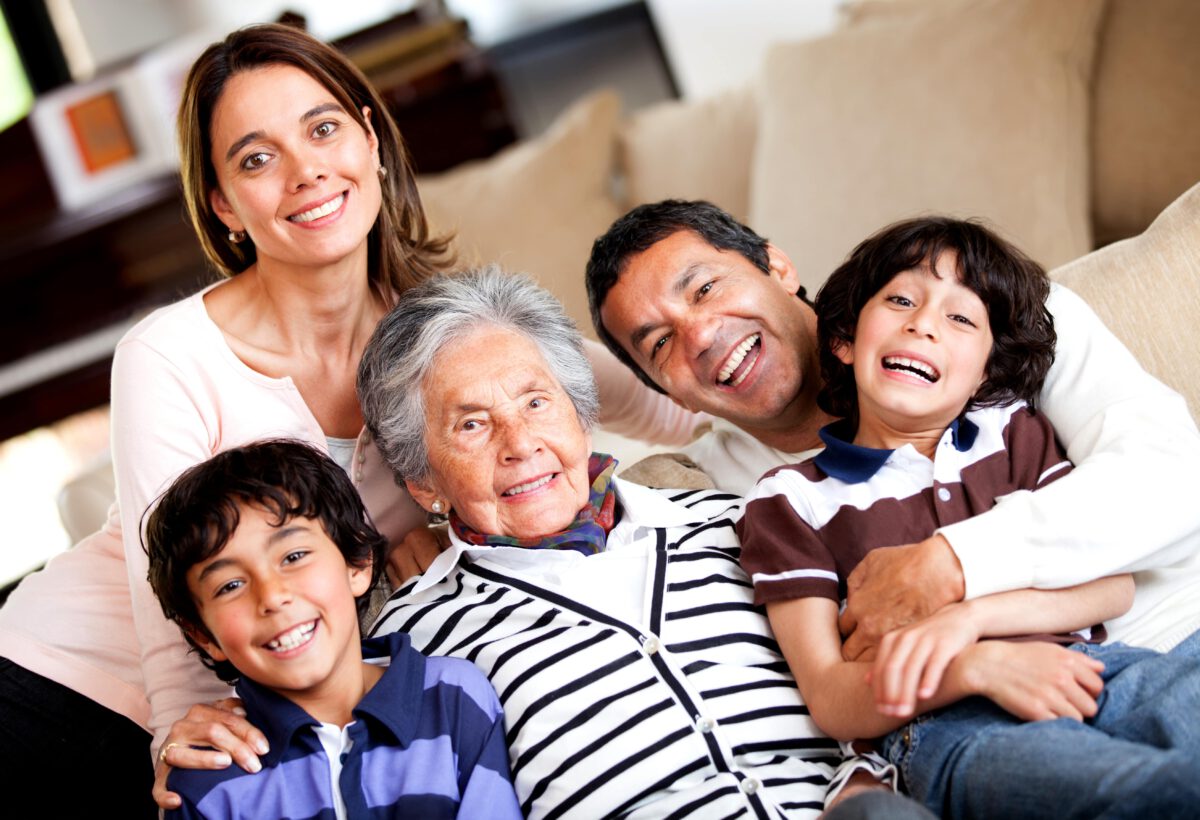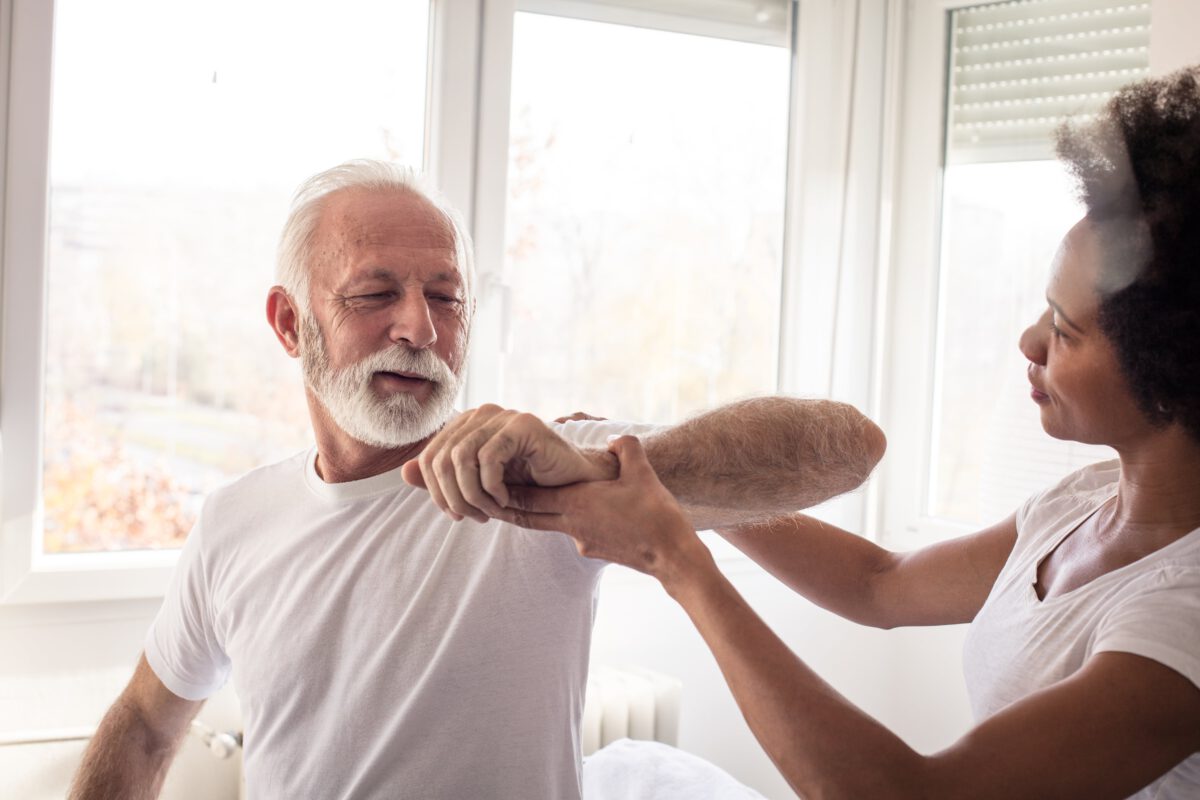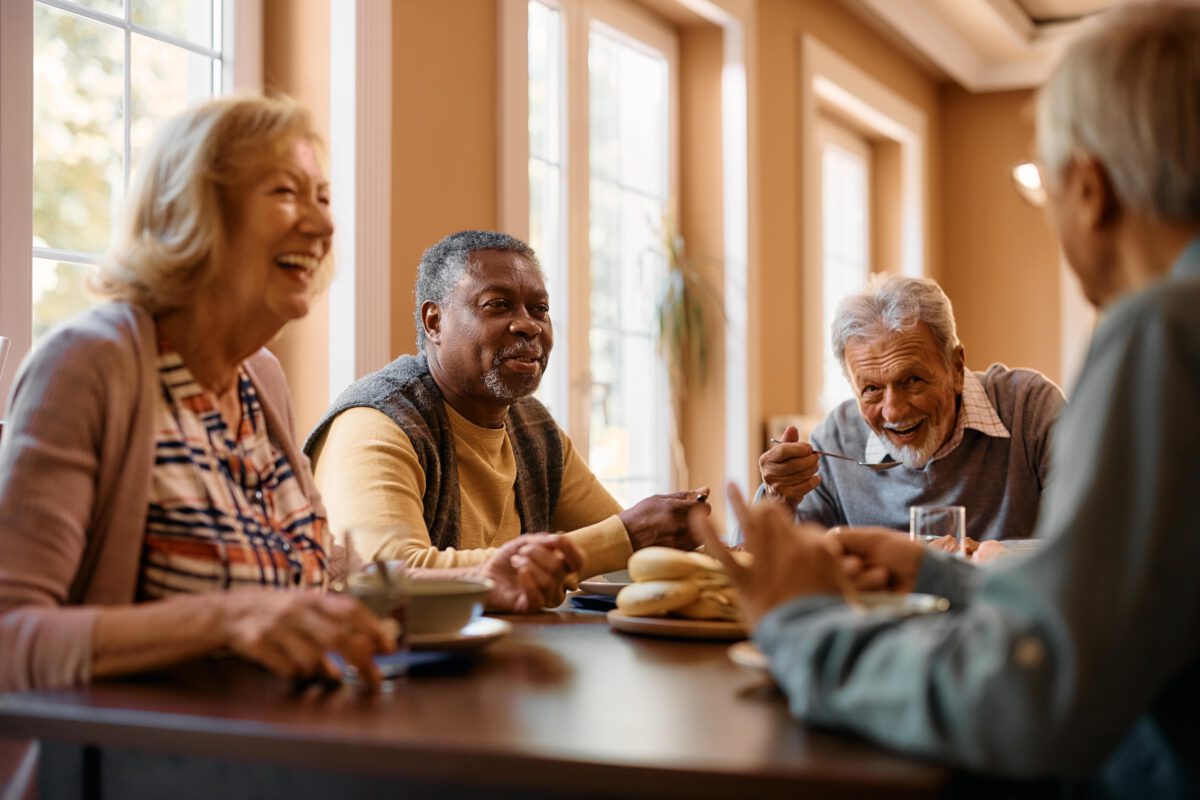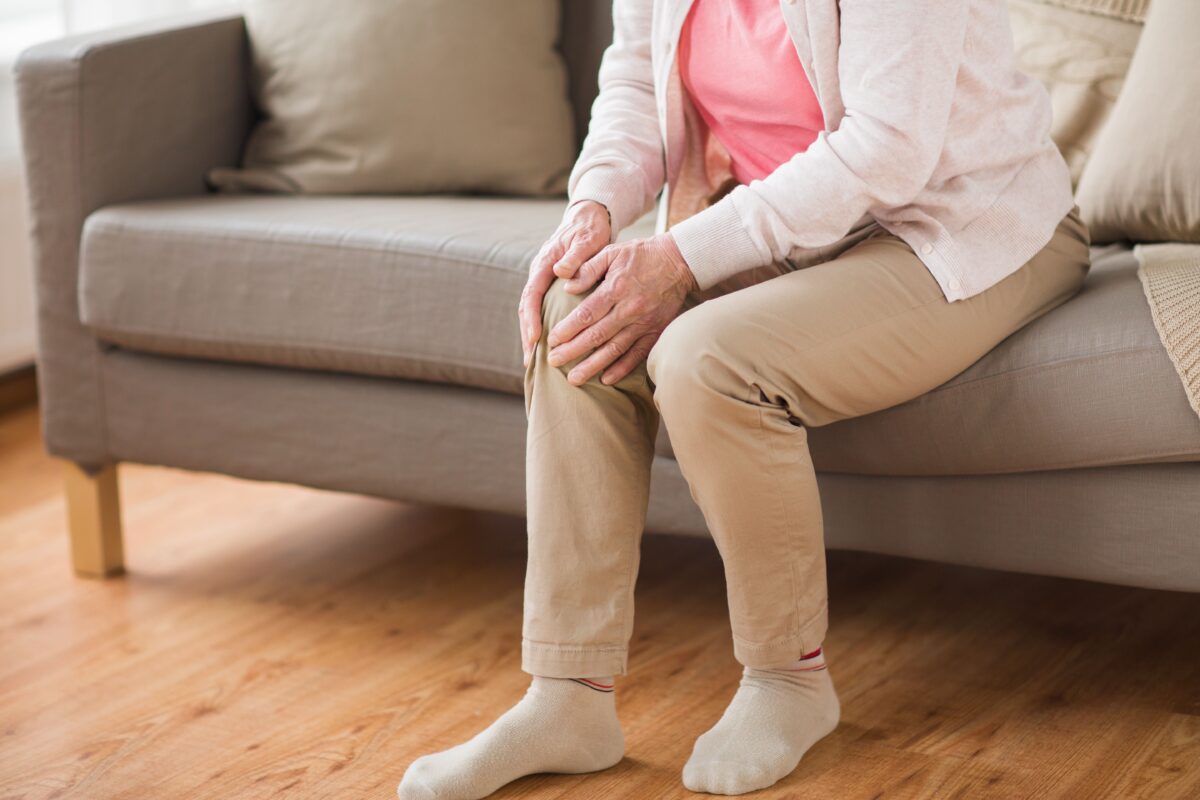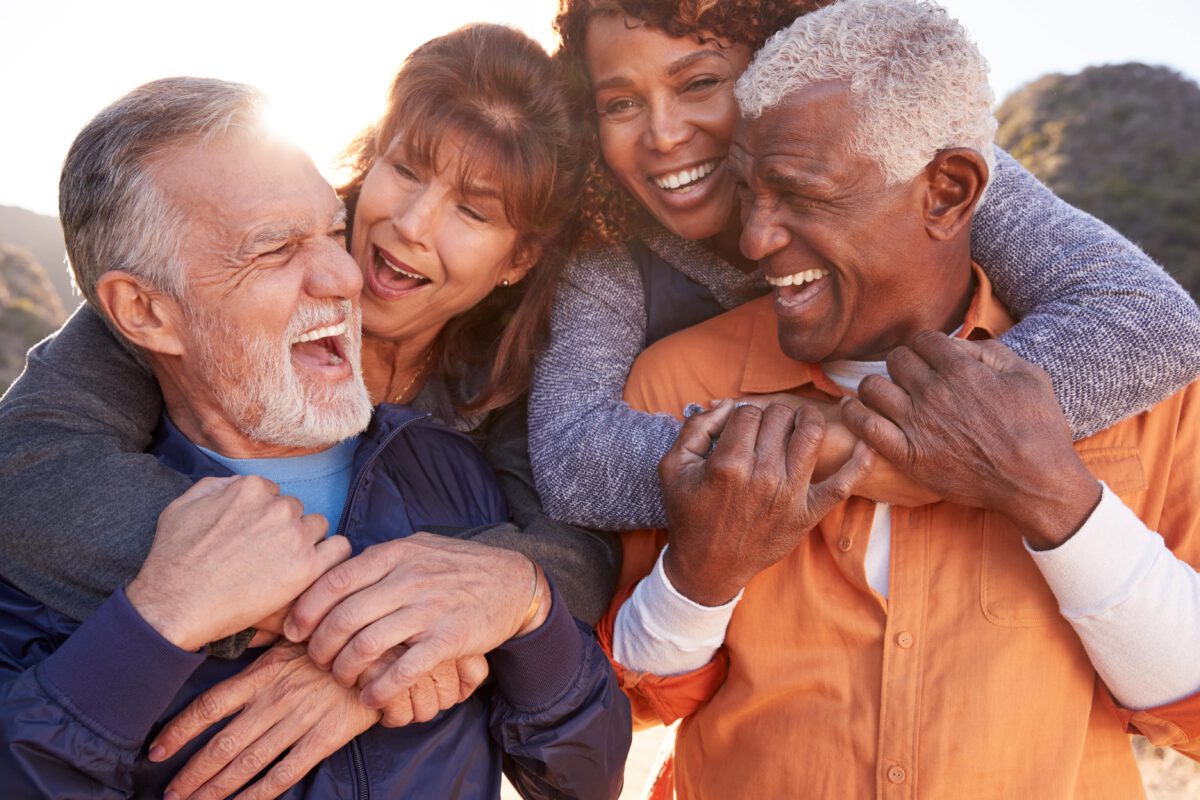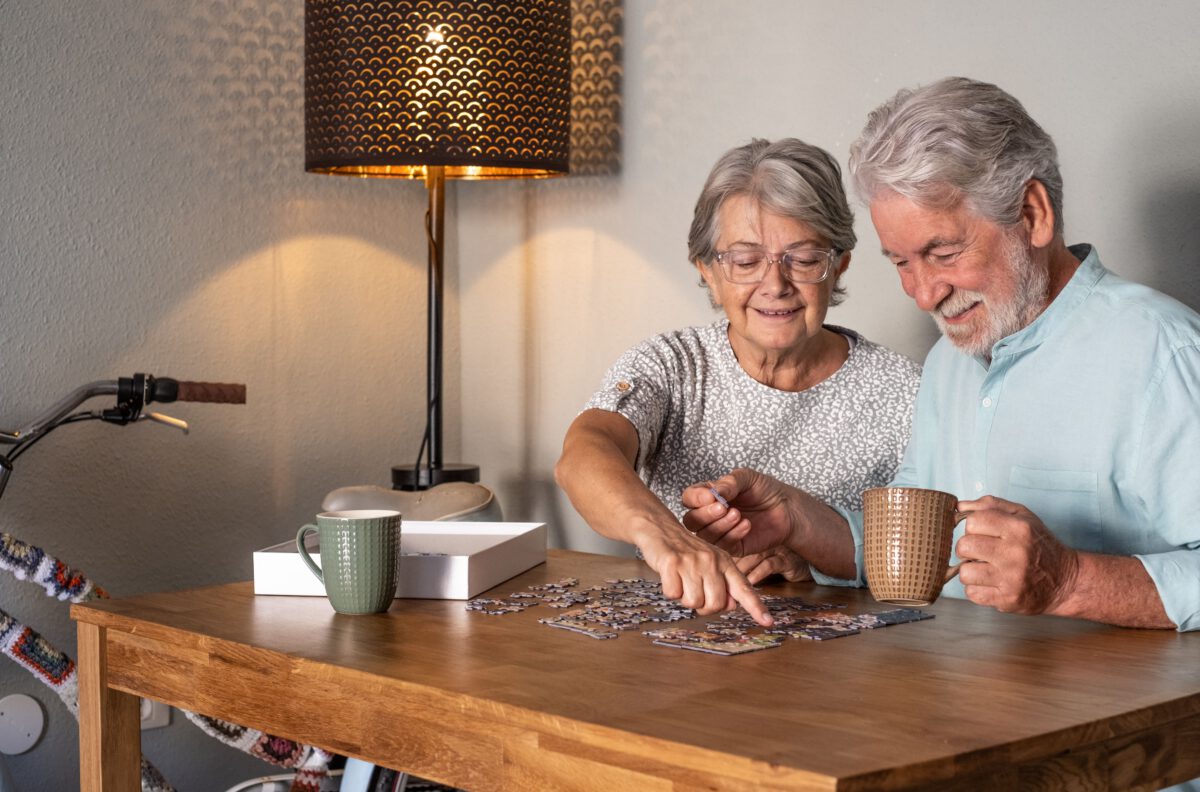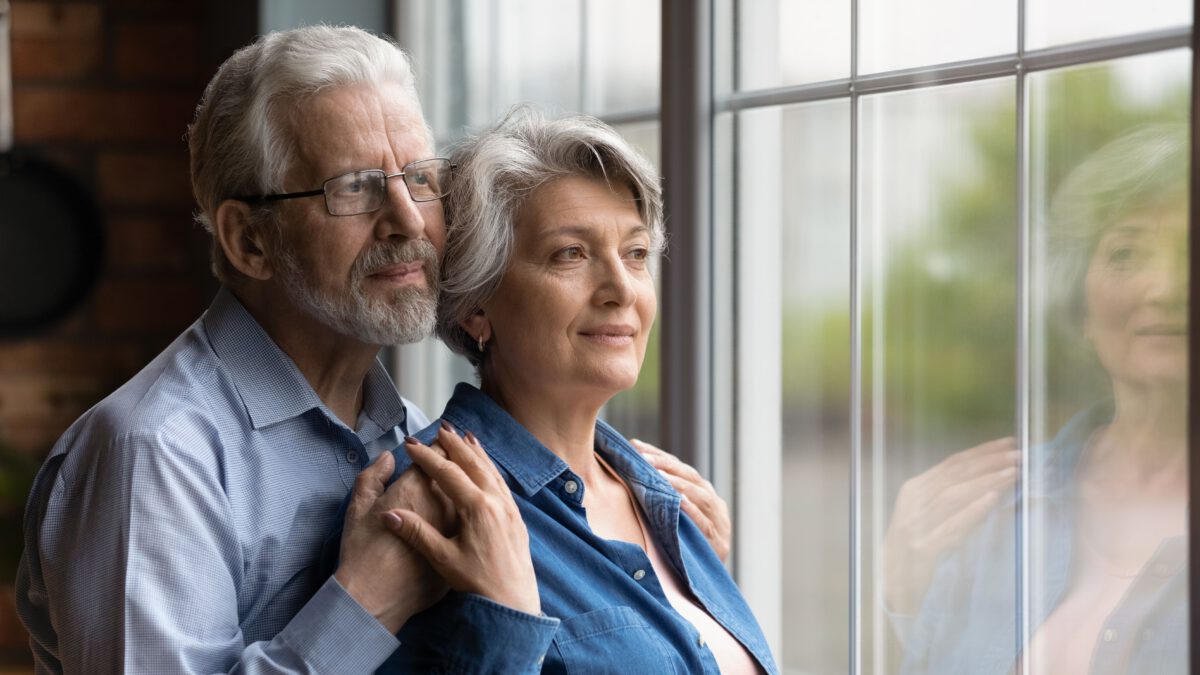Ask Rose
We’re here to help you find what you’re looking for! Please enter a search term below, and use our filters to refine your search.
Call (216) 791-8000What can we help you find?
Filter by Audience
Filter by Type

Preventing Caregiver Burnout: Creating Your Self-Care Plan
It is essential to understand how stress leads to compassion fatigue and possibly burnout, and that health and well-being through self-care is a vital solution. In this webinar, Courage to Caregivers reviews the components of stress and self-care: (1) what exactly is self-care, (2) what is well-being, (3) understanding stress and its effects; (4) how to plan, prioritize and make time for self-care, and (5) busting the myth that self-care is selfish.

My Mother's Caregiver: Long-Term Care Insurance
Writer and photographer Mark A. Lee joins us yet again for a guest blog about his struggles advocating for both his mother and himself as a caregiver to long-term care insurance companies.

Happy to Help: Supporting Older Adults in Everyday Life
Guest blogger Rocky Lopes shares experiences helping older adults in his daily life— affectionately known as "Senior Pals"— through small but impactful acts of service.

Leading by Example: The Impact of Volunteering for Home-Delivered Meals
Benjamin Rose Institute on Aging Board Member Cyndy Dunn discusses her experiences volunteering for the Rose Centers for Aging Well's medically-tailored meal delivery program, Nutrition Solution.

My Mother's Caregiver: Treading Water
Writer and photographer Mark A. Lee joins us yet again for a guest blog, highlighting challenges caregiving for his mother during the COVID-19 pandemic and excerpting his upcoming book on his past experiences caregiving for his father, "Raising Dad"

My Mother's Caregiver: Here to Serve
Writer and photographer Mark A. Lee joins us for a guest blog, highlighting his current role as his mother's caregiver and excerpting his upcoming book on his past experiences caregiving for his father, "Raising Dad"

Decoding Dementia’s Genetic Connections
Dementia affects millions of individuals globally. While age, not genetics, is the primary risk factor, there's growing evidence that genetics can indeed play a role in determining an individual's susceptibility to certain types of dementia.

Navigating Strokes, from Recognition to Recovery
The brain, despite weighing a mere three pounds, serves as the body's mastermind, orchestrating complex functions from speech to movement. But as hardworking as it is, the brain is vulnerable to internal injuries known as strokes or "brain attacks," placing both it and its owner at risk. Strokes, the third leading cause of death in the US, can occur at any age but are more prevalent among older individuals.

Challenging the Stigma of Dementia
Dementia is a condition that affects millions of individuals and their families around the world. Yet, despite its prevalence, dementia remains overwhelmed in stigma and misunderstanding. In pop culture, dementia is often used as a punchline, or even an insult against older public figures. In day-to-day life, people who encounter individuals with dementia may become annoyed and frustrated, and try to avoid the situation, even if the individual needs help. The stigma can also affect caregivers: if a loved one with dementia is exhibiting strange or socially inappropriate behavior in public, for example, people may blame the caregiver for not “controlling” their loved one or make the caregiver feel ashamed or embarrassed.

The Power of Memory Cafés for Dementia Care
Most communities have plenty of gathering spaces available for people to meet up, chat, share a meal and take a break in a relaxing, supportive environment. But for people with dementia and their caregivers, finding a truly safe space out in the community can be a lot more challenging. Due to stigma and lack of knowledge, many people in the general public aren’t sure how to interact with someone with dementia, and even business owners may be at a loss to handle a situation where someone with dementia is distressed, or struggles to make a purchase. Aware of these challenges, caregivers may hesitate to bring a loved one into the community, unintentionally putting them at risk of social isolation.

Navigating Hospice Care for Loved Ones with Dementia in the End Stages
Dementia is often described as “the long goodbye,” as those with the condition tend to live with it for many years before reaching the advanced stages. This prolonged journey can leave caregivers wondering when they should begin to consider transitioning their loved one to hospice care.

Things to Look for When Visiting an Older Loved One to Assess Wellbeing
As your loved one ages, you’re likely to find yourself worrying more about their wellbeing. Maybe you’re concerned about issues of them living safely in their current home, or taking care of themselves without in-home support. Or maybe you’re anxious about the possibility of memory loss, and early signs of dementia developing without anyone around to notice. These concerns are especially common for long-distance caregivers—who make up roughly 15 percent of all family caregivers.

Pain Management for Older Adults with Dementia
Just like most other older adults, people with Alzheimer’s and related types of dementia suffer from headaches, stomachaches, toothaches, muscle cramps and other painful conditions that are an uncomfortable part of the aging process. However, an older person with memory loss who suffers from chronic pain may not be able to tell their caregiver how they feel or ask for help to relieve their discomfort. Instead, they may communicate their distress through other means, such as becoming agitated or crying, which their caregiver may not understand how to interpret or address.

Combating Ageism: Understanding and Overcoming Negative Age Stereotypes
Ageism is discrimination against individuals or groups because of their age. It can be easy to make judgements based on someone’s perceived age but, like other forms of discrimination, negative stereotypes resulting from age prejudice can have very real consequences. While ageism can apply to individuals of any age, it is often directed towards older adults. It is important to note that even if one does not currently experience ageism, we are all inevitably aging. Therefore, if we don’t work to combat ageism now, all generations will experience ageism in the future.

Medications and Driving: Safety Tips for Older Adults and their Families
With laws around THC use changing around the country, the subject of “drugged driving” has been appearing more and more in the national discourse. Most people are aware of the risks involved in driving under the influence of marijuana, but aren’t aware that prescription drugs can also fall under the umbrella of drugged driving—and that many older adults are unintentionally driving impaired, and contributing to the high statistics of drugged driving accidents.

Engaging Activities for People with Dementia: Boosting Wellbeing and Connection
Dementia remains a highly stigmatized disease, often leading to misunderstandings about the capabilities and needs of older adults affected by it. Caregivers may unintentionally overlook the importance of meaningful hobbies, activities, and pastimes for individuals with dementia due to their perceived disconnection from the world around them. However, it is crucial to recognize that, despite the changes brought by dementia, older adults still require engagement regardless of the stage of the disease.

Enhancing Spiritual Care for Loved Ones: Tips for Caregivers
When caring for a loved one, maintaining their physical health is typically the top priority, so it can often be easy to forget that spiritual health can also contribute to their satisfaction and wellbeing. As we age, we are often faced with spiritual concerns regarding our mortality and the value of the life we have led. Some of our loved ones may be kept away from religious services due to illness or issues with mobility, keeping them from participating in important rituals to their faith.

Understanding the Role of a Geriatric Care Manager in Elder Care
Those of us who provide care for a loved one have probably heard the term “Geriatric Care Manager” on a regular basis. However, even though the phrase is a familiar one, we may not know exactly what one is since it’s a relatively new profession in the field of eldercare. A geriatric care manager is a licensed professional, often a nursing or social work specialist, with expertise in geriatrics. Families hire them to evaluate their loved one's needs and coordinate care using community resources. This profession proves particularly valuable when families live far away or are unable to manage all caregiving responsibilities themselves. Geriatric care managers can act as "professional relatives" supporting the family.

Creative Therapies for Loved Ones with Dementia
While dementia does not yet have a cure, there are ways to treat and soothe a person with dementia’s symptoms and make their potential anxiety, stress, moods and challenging behavior easier to manage. If you’re a caregiver for a loved one with dementia, the creative arts are a great option to consider when it comes to supportive therapies. The arts can help engage your loved one’s attention in something stimulating often soothing, while giving them a way to express their emotions and thoughts in a way they may struggle to do verbally. The arts can also be beneficial for loved ones with both intellectual and developmental disabilities (IDD) and dementia, who may be experiencing increasing challenges in expressing themselves and confidently building and practicing skills using other means.

When Caregiving Affects Your Relationships
There is no question that caregiving takes dedication. Your time, effort, emotions and mental headspace are all invested in this important role. Giving of yourself for the sake of someone else can be a beautiful thing. However, it can leave you without as much time or energy as you would like to take care of not only yourself, but your relationship with others.

